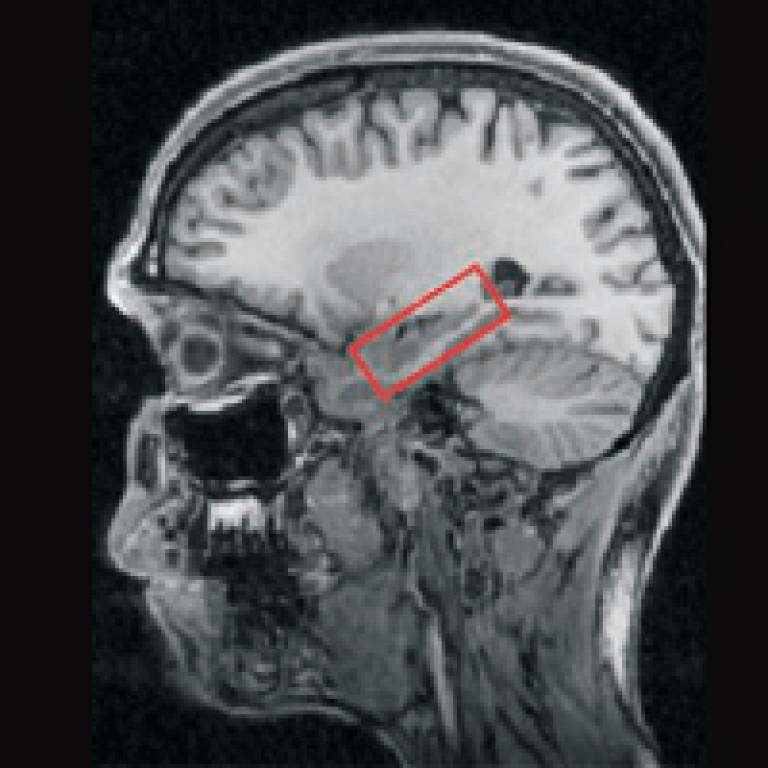Amnesia research in top 10 breakthroughs of 2007
11 January 2008
Links:
 sciencemag.org/cgi/content/full/318/5858/1844a" target="_self">Science Breakthroughs of the Year: Back to the future
sciencemag.org/cgi/content/full/318/5858/1844a" target="_self">Science Breakthroughs of the Year: Back to the future
UCL research into the relationship between amnesia and imagination is one of the top ten breakthroughs of 2007, according to 'Science' magazine.
In January 2007, a team led by Dr Eleanor Maguire (UCL Institute of Neurology) reported in the journal 'PNAS' that people with amnesia caused by damage to the hippocampus, a part of the brain integral to memory, are also impeded in their ability to imagine future scenarios in detail, such as a shopping trip or a day at the beach.
In particular, the researchers found that these limited imaginings lacked spatial coherence; the scenes the patients described involved few details, sounds and smells, suggesting that they were seeing fragmented images in their mind's eye rather than a holistic representation of each setting. On this basis, the academics suggested that the hippocampus may make a critical contribution to the creation of new experiences, by providing the spatial context that binds the disparate elements of an experience.
To find out more about this research, follow the links at the top of this article.
Image: UCL researchers suggest the hippocampus, outlined in red, is important for imagining the future as well as remembering the past (credit: Eleanor Maguire)
 Close
Close

